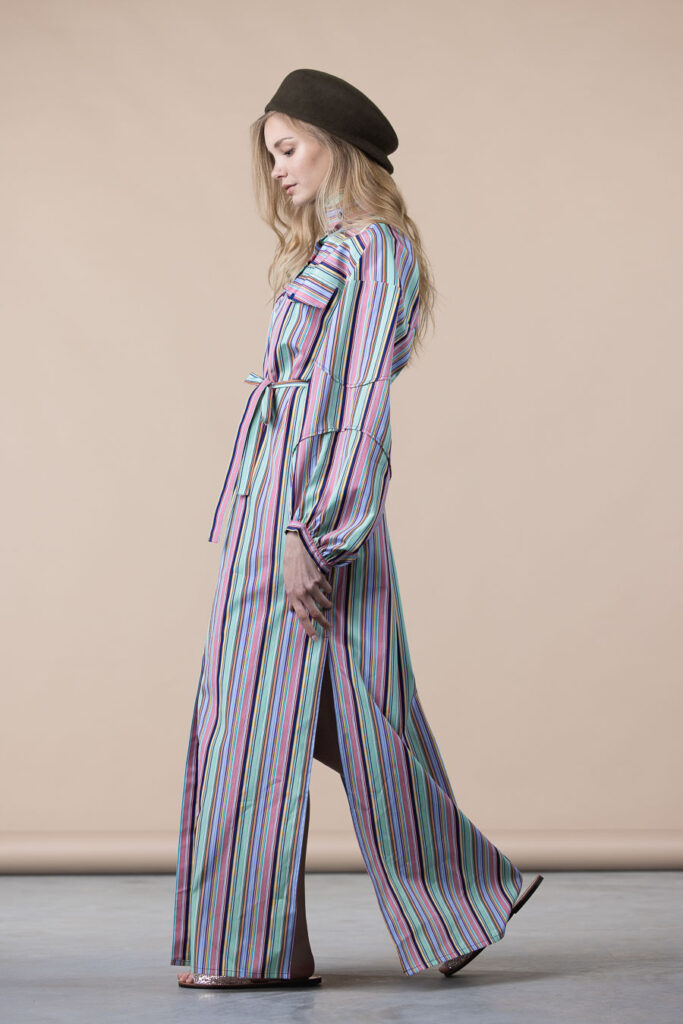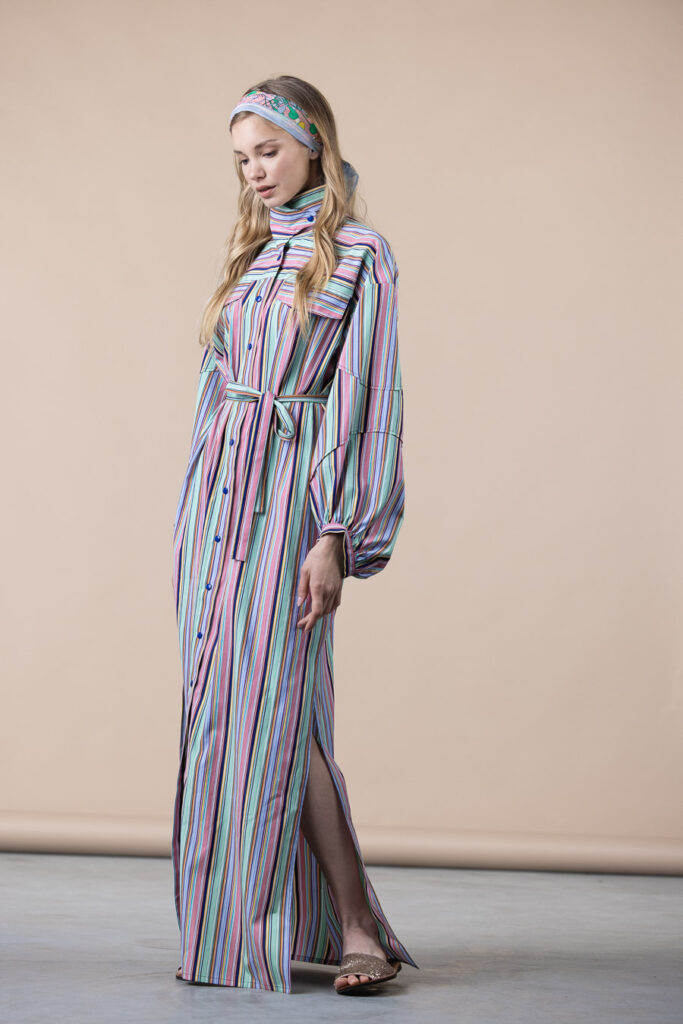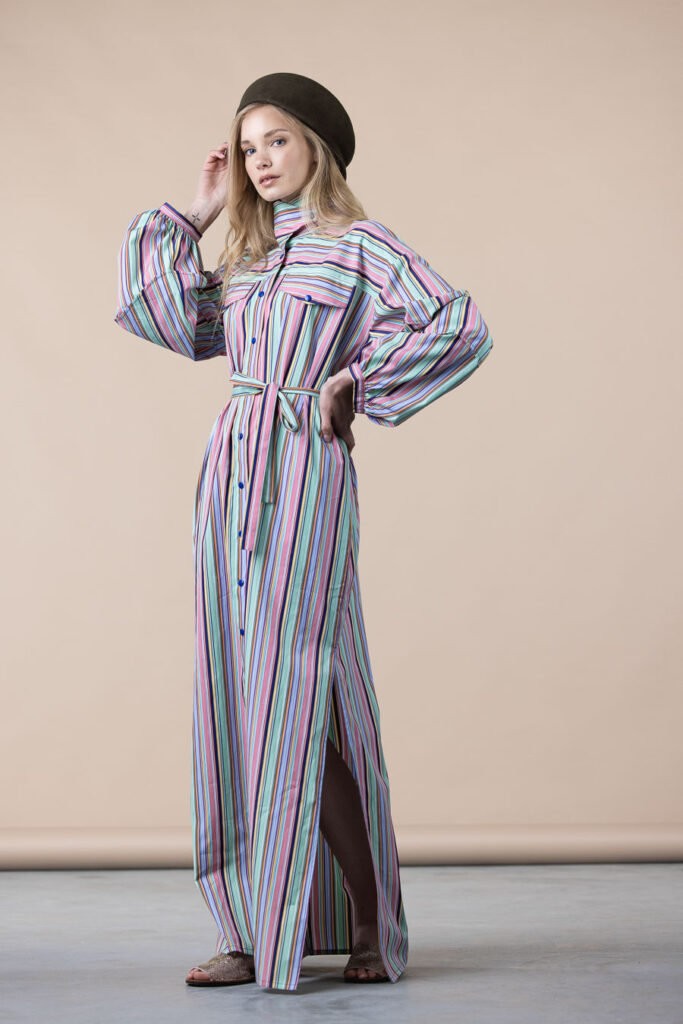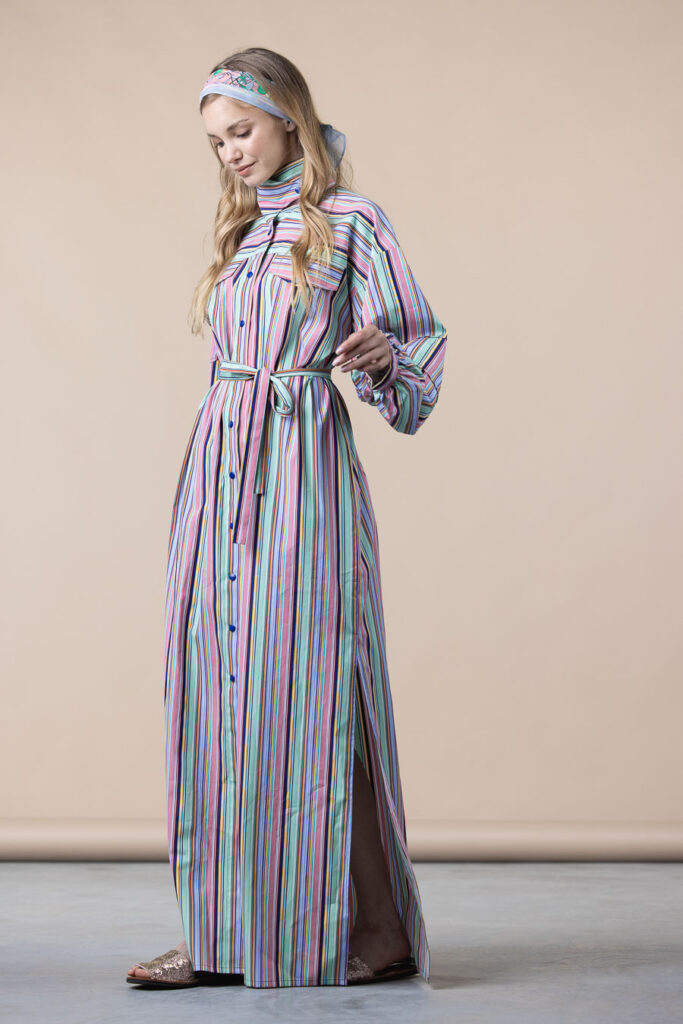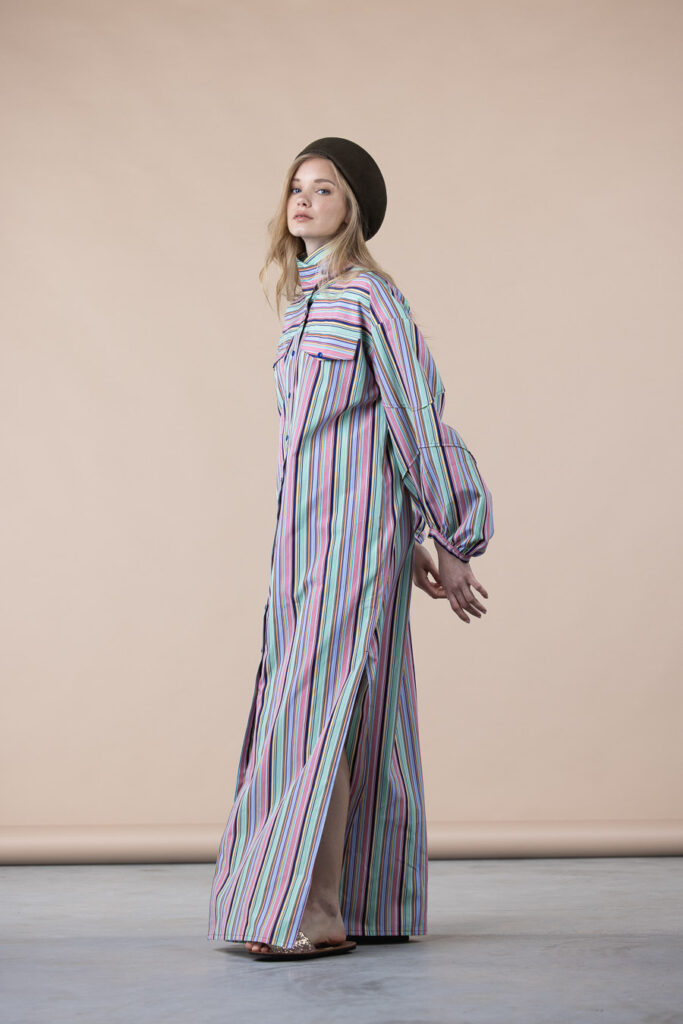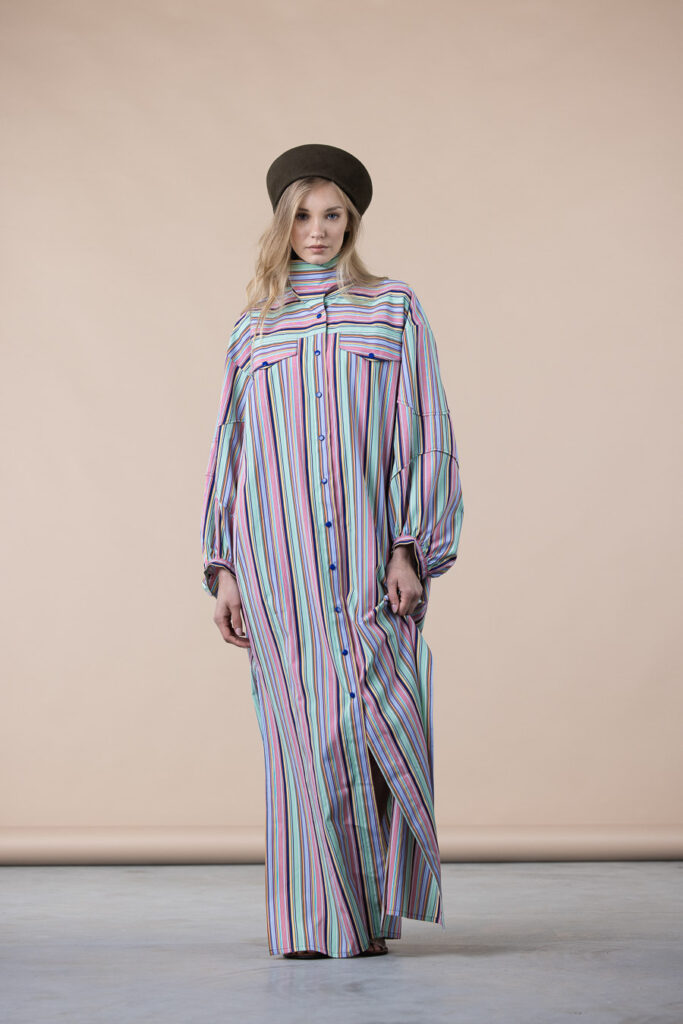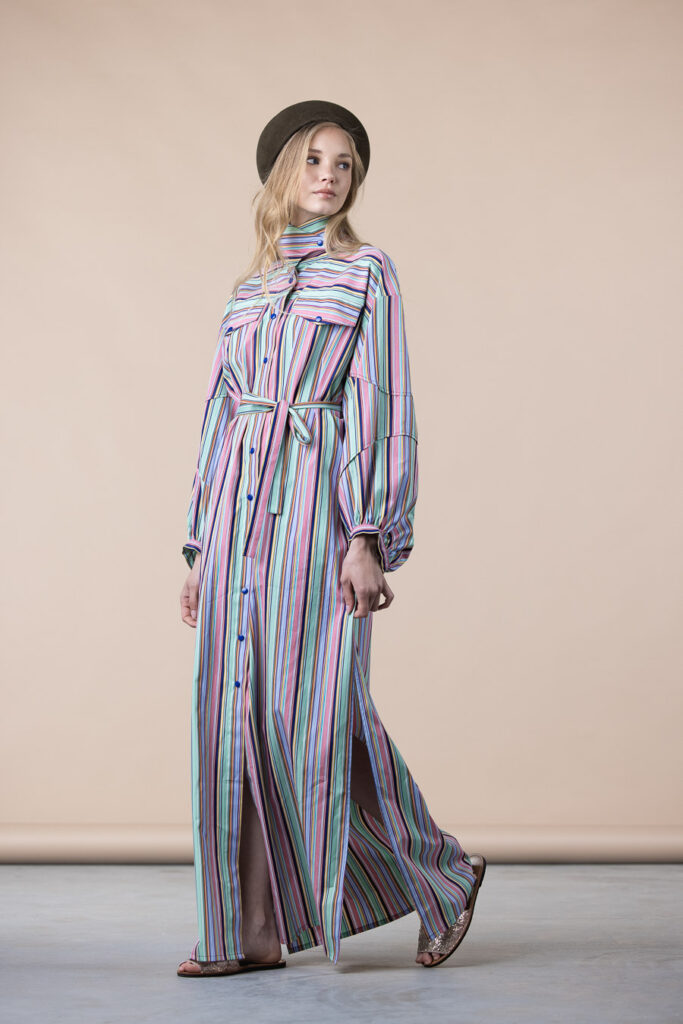Fancy word - upcycling!
People are getting more interested in upcycling clothing. Recycling is more commonly know and often practiced by fashion consumers. It’s a great way to be more sustainable with clothes. But what about upcycling? Is this another fancy word in fashion world?!
Well, let’s start with the term – UPCYCLING. Shortly, upcycling describes an act of taking something no longer in use and transforming them into new materials or products of greater quality – such as artistic value or environmental value.
Shortly, upcycling describes an act of taking something no longer in use and transforming them into new materials or products of greater quality – such as artistic value or environmental value.
In the world, where climate change has become a household name, there’s no denying it: upcycling, recycling, sustainability or in other words, circular business model, is becoming increasingly important. It has a huge positive impact on the environment.
In fact, the process of upcycling fabrics or clothing demands a lot less energy compared to recycling. It reduces textile waste and therefore prevents pollution. Upcycling textiles is also very beneficial to the planet as a whole. It creates value out of old textiles when their usefulness would have ended otherwise.
As a result, a growing number of ethical and sustainable fashion brands are arising to both meet the demand and help change the fashion industry for the better. And where there is a demand there will be supply!
There would not be anything wrong about this, except for the fact that while these brands may appear to operate sustainably on the surface, their underlying goals remain the same: to sell as much as possible and to as many people as possible.
For example, in 2018, a very well-known fast-fashion brand overproduced “just about” 3.7 mld euros worth of goods. Such a huge output puts a strain upon the environment in varying ways. To make just one cotton t-shirt, for instance, takes 2250L of water – as much one person could drink in 2.5 years.
Clothing and other textile wastes are piling up in landfills at an alarming rate. The fashion industry, overproduction, and overconsumption of cheap disposable clothing aren’t sustainable.
To make just one cotton t-shirt, for instance, takes 2250L of water – as much one person could drink in 2.5 years.
Being on the verge of a global human and environmental crisis, it’s now more important than ever to reduce the fashion industry’s impact with better raw material sourcing, manufacturing, distribution, consumption, end of life, and waste management.
Let’s create a sustainable fashion future by extending the life of clothes, recycling, and upcycling!!

